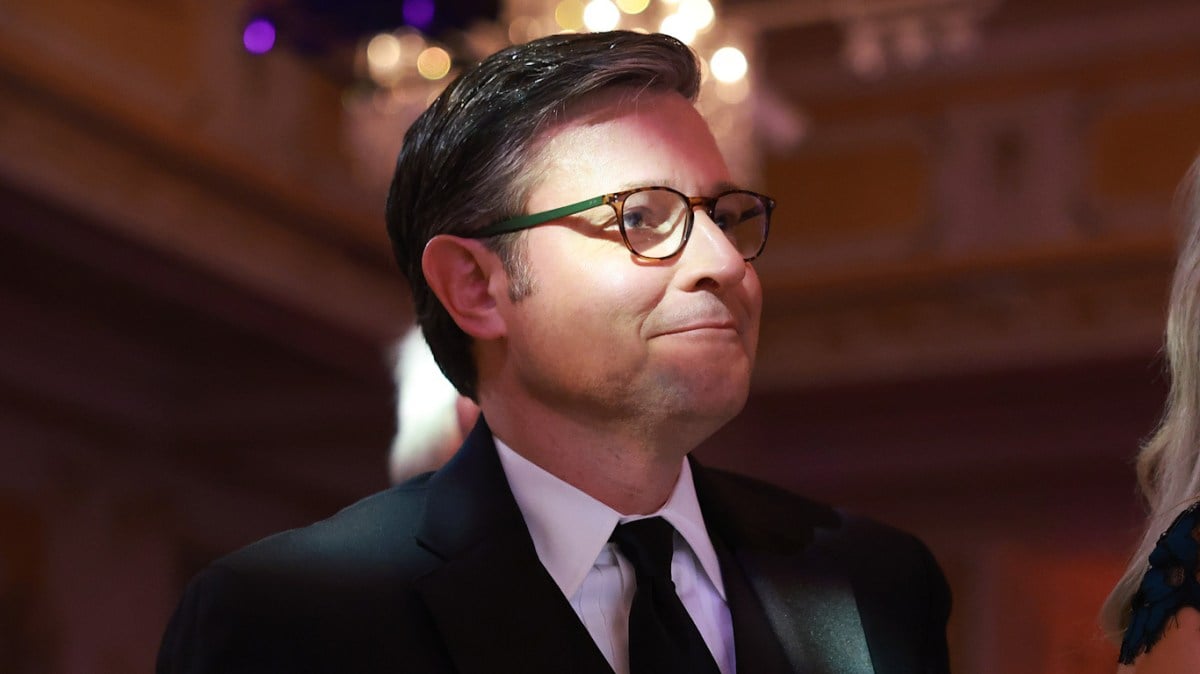Isaac Asimov is one of the greatest science-fiction writers ever to put pen to paper. Next year will mark the 30th anniversary of his passing, following complications from a blood transfusion. There may have been other adaptations of his work, including I, Robot and Bicentennial Man, but no one has dared attempt Foundation until now. A trilogy of books which has proven hugely influential in science-fiction circles, this densely written triptych, later expanded into six volumes, seemed beyond the mettle of most filmmakers. That is, until David S. Goyer and Josh Friedman decided to tackle it head on.
With creative input into projects including Christopher Nolan’s Dark Knight, Neil Gaiman’s Sandman, and James Cameron’s Avatar 2 between them, David S. Goyer and Josh Friedman certainly have form. Although this might not automatically make them eligible to adapt a science-fiction touchstone, their devotion to the source material is evident within minutes.
Leaning into sporadic voiceover to provide immediate context, there is talk of mathematicians, murders, and martyrs before Jared Harris rocks up as Hari Seldon. An extremist, a forward thinker, and a mathematical theologian, he is pivotal to what comes next. Following on from his introduction as planets, characters, and wildly different cultures filter through the cracks in this world-building exercise, Foundation really starts to find its feet.

Galactic empires, human cloning, and banishment to far-flung destinations form the backbone of this enthralling opener. Jared Harris and Lou Llobell quickly establish an easy chemistry which makes all the mathematics and character segues simple to follow. As Gaal Dornick, the latter is wide-eyed with wonder, yet carries the detachment of intellect necessary to ground her character. Meanwhile, the former is equally comfortable discussing abstract theorems, mathematical prophecies, or imperial interference without breaking sweat.
That this first hour passes so quickly has much to do with this pairing, who feel oddly grounded among the phosphorescent horizons and overtly technological advances. Holograms emerge from thin air. Vast monoliths radiate waves of energy, and synthetic lifeforms play wife and nursemaid to galactic figureheads.
On a more traditional level, Foundation feels similar to an intergalactic Game of Thrones. These worlds and this story are vast, which is a reaction that increases, rather than diminishes, as events unfold. After four hours of television, random timestamps, and ritualistic executions, the canvas still feels enormous. Lee Pace and Terrence Mann are stand-outs as despotic godheads either showing leniency or throwing petulant temper tantrums. The flip side of that is present in Leah Harvey and David McPherson, who offer solid performances as colonist Salvor Hardin and off-world trader Hugo.
However, that David S. Goyer and Josh Friedman are able to fashion something coherent from the six volumes is perhaps the biggest achievement here. As the political machinations, interlinking timelines, and innumerable characters jostle for screen time, Foundation just gets more and more intriguing.
Conflicts begin to make sense. Prophecies start coming home to roost. And the majesty of Rory Cheyne’s production design becomes more apparent. There is a rich and vibrant quality to the world-building that provides this series with its beating heart. Ornate affluence suspended in the ether is accentuated through the ostentatious wealth and privilege of Trantor, whereas more rustic dwellings on Synnax speak to an understated existence, differentiating cultures without further exposition.
More than anything, this feels like the beginning of something rather than a self-contained science-fiction series. There will be some who berate Apple for creating a show which was never going to be genuinely commercial. Isaac Asimov might be a little esoteric for some, which is ironic, since he did work on the first Star Trek motion picture as a consultant. However, for true fans, this is as close to Foundation as anyone will ever try to get on screen.
Sprawling and convoluted, yet completely coherent once you gauge the cadence and tone, there are few programs capable of coming close to this level of reality. Like the great novels of our time, including Lord of the Rings and Gormenghast, there is a depth to Foundation which is only possible because of that lineage. For the ambition alone and dedication necessary to fashion a tangible through line from this space opera, everyone deserves an award.
Whether Foundation has the opportunity to reach a large audience, however, remains to be seen. Apple may have the bravery, bravado, and creative brio combined with deep pockets, but its streaming service has not always been the most accessible.










Published: Sep 24, 2021 09:11 am